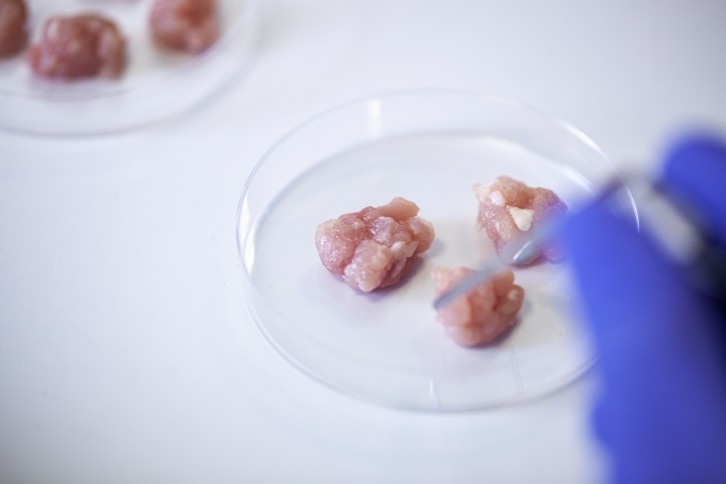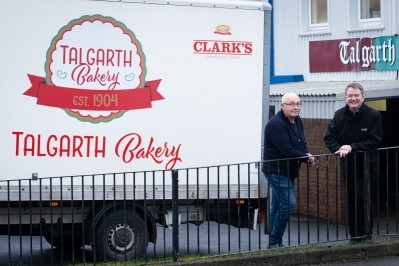News
Campden BRI secures share of £15.6m investment fund for cultivated meat project

The grant from Innovate UK and the Biotechnology and Biological Sciences Research Council (BBSRC) will be used to develop a hollow-fibre bioreactor system prototype demonstrator that will be optimised at Campden BRI's facilities.
Campden BRI will then collaborate with Cellular Agriculture to test production samples and develop food safety, quality, regulatory, economic and sustainability assessments. Campden will then use the knowledge acquired during the project to create e-learning courses and supporting services.
What is a hollow-fibre bioreactor?
A hollow-fibre bioreactor is a 3-dimensional cell culturing system based on hollow fibres, which are small, semi-permeable capillary membranes arranged in parallel array. These hollow fibre membranes are often bundled and housed within tubular polycarbonate shells to create hollow fibre bioreactor cartridges.
Their construction allows for a large surface area for cells to grow within a small space, use up significantly less medium and growth factors than traditional cell culture methods and provide significant time savings for laboratory staff and technicians.
Commenting on the funding, Cellular Agriculture chief executive Illtud Dunsford said: “Cultivated meat production represents an opportunity to provide a complementary system to traditional farming methods.
Cultivated meat opportunity
“With the Earth’s resources limited, a holistic approach is needed for the choice of methods to produce high quality protein to meet the growing demand of the global population. Cultivated meat offers an opportunity which utilises less land and water than traditional agricultural production.”
Cellular Agriculture has previously collaborated with Campden BRI on studies into the feasibility of cultured meat production and its impact on the farming community.
Craig Leadley, technology fellow at Campden BRI, added: “By supporting Cellular Agriculture in taking their cutting-edge cultivated meat production system from the biotechnology space into the food industry, this exciting project puts us at the forefront of innovative food research.
“The Innovate UK-funded project will enable us to support Cellular Agriculture to further develop and test their system so that they can commercialise their technology to food manufacturers and cultivated meat companies.”
Global consumption
R&D tax relief specialists GovGrant anticipated that cultured meat will make up 35% of global meat consumption by 2040, with conventional meat accounting for 40% and vegan meat alternatives the remaining 25%.
However, cost-effective scaling up still remains the biggest challenge for the cell-based meat industry.
Cellular Agriculture chief technical officer Marianne Ellis concluded: “The cultivated meat industry is still in early stages and although processes have been tested and validated, scaling the technology at low-cost remains a challenge.
“However, hollow-fibre bioreactors have increased cell density and cost-efficiency, lower emissions, and more compact design compared to other state-of-the-art bioreactors, such as stirred tank or fixed-bed bioreactors. These advantages give hollow-fibre bioreactor systems the potential to facilitate the commercial viability of cultivated meat production.”
Meanwhile, production costs for cultivated meat could fall significantly, thanks to new cells created at the Tufts University Center of Cellular Agriculture (TUCCA).
















